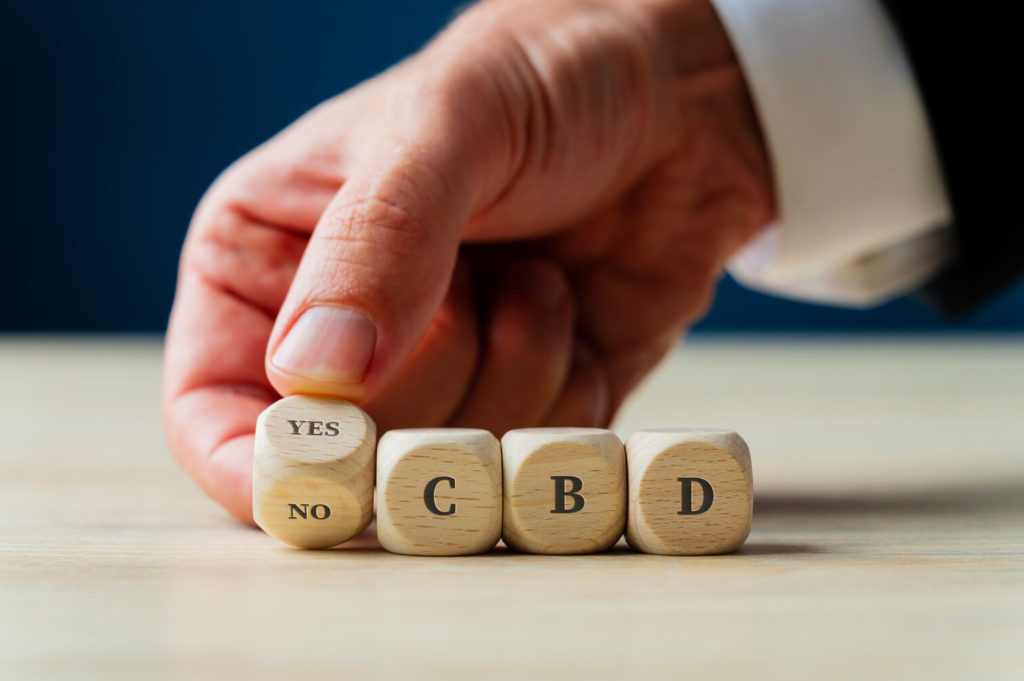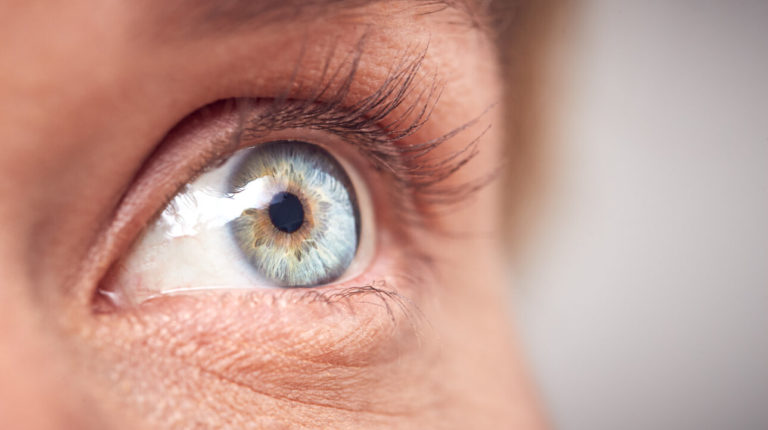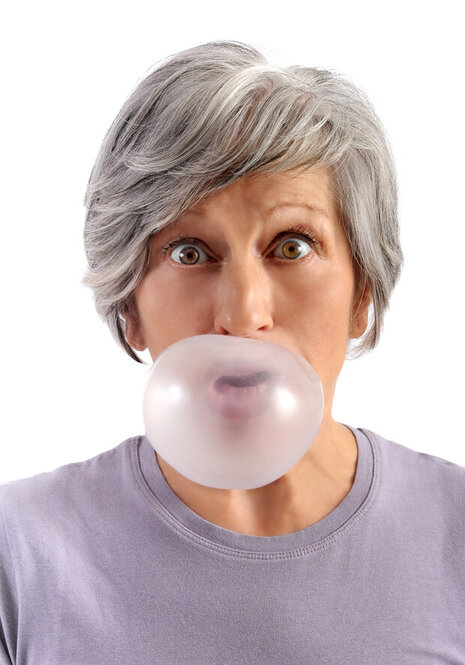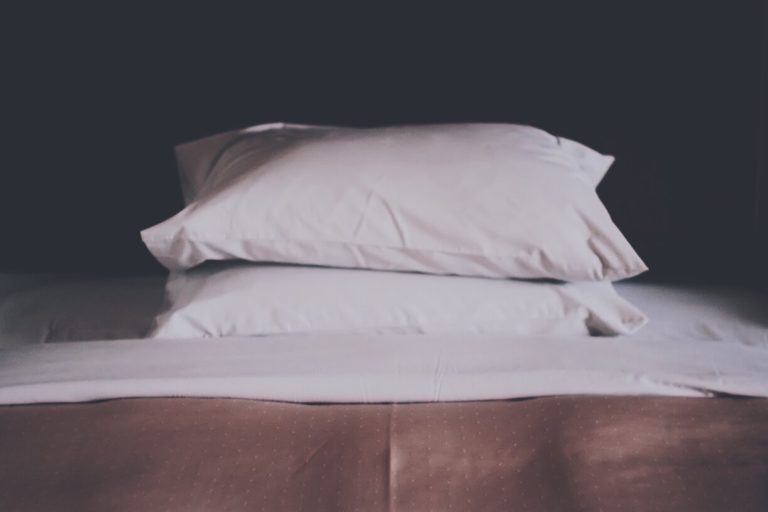CBD and Heart Disease
Heart disease affects nearly 30 million Americans, with 647,000 Americans dying from the disease every year. Because it is the leading cause of death for men and women, people are looking for more ways to treat the disease, including Cannabidiol (CBD).
There have been positive results of patients using CBD, a nonpsychotic cannabinoid in the cannabis plant, working to help keep the body in an even state, especially during inflammation or disease. So, how does CBD help heart disease patients? Does it actually work?
How CBD Helps Prevent Heart Disease
When the human body is affected by inflammation or disease, like heart disease, CBD helps regulate the body to an even state, known as homeostasis. It helps reduce many factors that lead to heart disease, including high blood pressure and stroke.
A dose of CBD lowers your blood pressure and heart rate, especially for those under intense stress. Taking CBD lessens the sudden spike of high blood pressure, which is a crucial factor for developing hypertensive heart disease.
In addition, heart disease patients are at a greater risk of having a stroke due to a blood clot blocking blood flow from the heart to the brain. However, using CBD can help protect stroke patients from brain damage and even boost brain function.
Ways to Take CBD
Because CBD has become popular in recent years, there are more ways to get a dose of the cannabinoid, including in oils and tinctures, skin creams, and edibles. Be sure to buy from a reputable, legitimate source that sells organic, non-genetically modified CBD. Check with your doctor and local pharmacist to hear their opinion of the CBD product before purchasing.
When starting to use CBD, always begin with a small dose. Once you get used to the CBD, you can gradually increase your dose by no more than 5 to 10 milligrams at a time.
Remember to Be Safe
While CBD helps reduce the risks of developing heart disease, there are some safety concerns to keep in mind. Possible side effects include fatigue, diarrhea, changes in your appetite, and weight change.
Like other medications, it’s best to speak to your doctor before taking CBD. Voice your concerns and ask for recommendations on the proper dosage for your symptoms. Everyone is different and your doctor will guide you in the right direction for which CBD to use.









